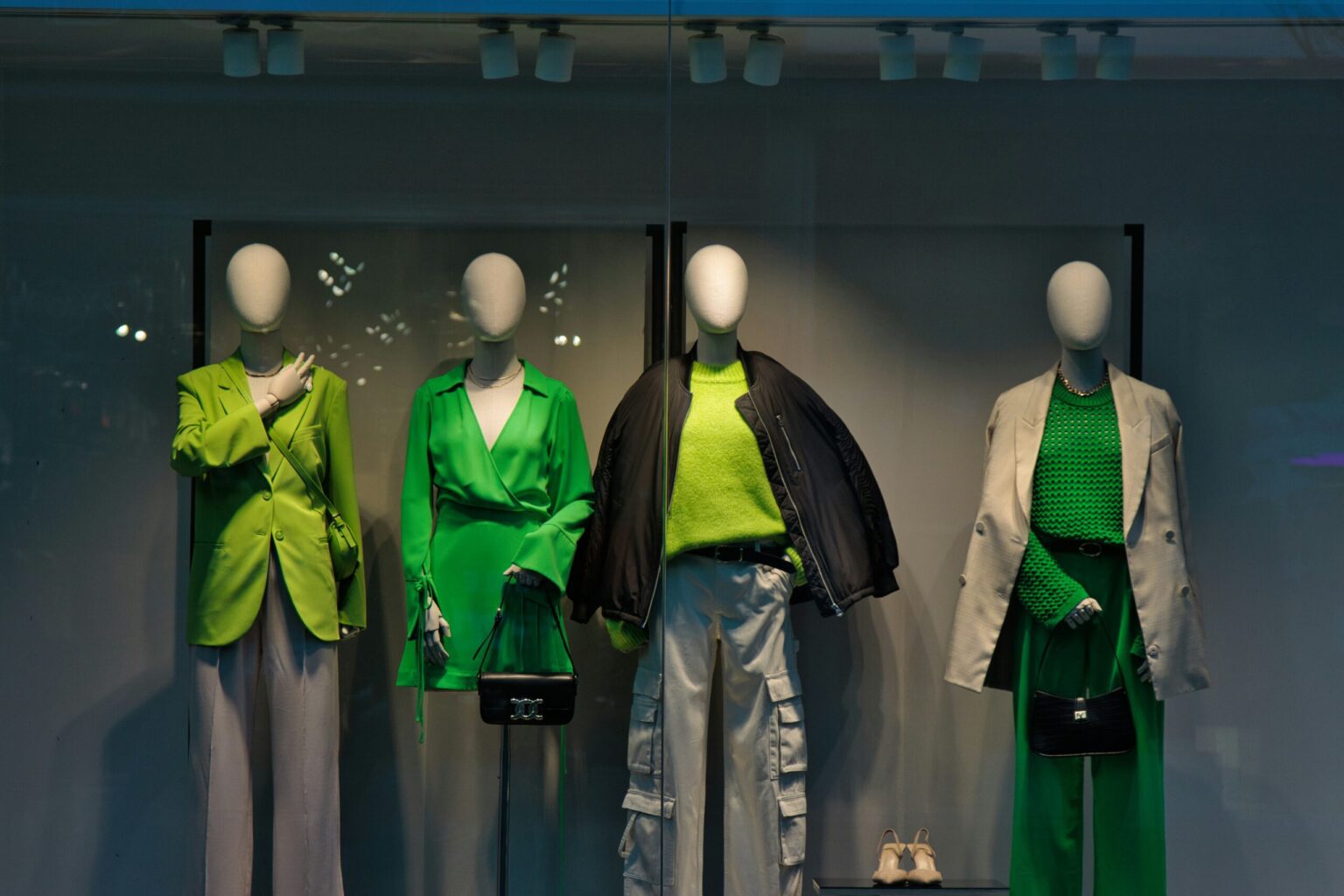In 2024, men’s luxury fashion is experiencing a transformation, with sustainability at the forefront of the industry. Eco-conscious luxury is no longer just a niche movement but has evolved into a mainstream trend, reshaping how men approach high-end clothing, accessories, and even footwear. As awareness of climate change and environmental responsibility grows, men are increasingly investing in luxury brands that align with their values, opting for high-quality, sustainable pieces that not only look good but also support ethical production practices.
Luxury fashion has historically been associated with opulence and indulgence, but in 2024, more men are seeking out brands that prioritize sustainable sourcing, eco-friendly materials, and transparent supply chains. This shift is being fueled by a growing desire to make purchasing decisions that are mindful of the planet, and to embrace fashion that promotes both style and social responsibility.
“Today’s consumer isn’t just concerned about the product itself but also about the impact it has on the world,” said James Harrell, a luxury fashion consultant. “The definition of luxury is changing. It’s no longer just about owning expensive, rare items—it’s about finding pieces that reflect your values and help contribute to a better future.”
Eco-friendly luxury brands are embracing a wide range of sustainable practices, from using organic fabrics and recycled materials to reducing waste in their production processes. Brands like Stella McCartney, Gucci, and Burberry have taken significant steps toward sustainability, utilizing plant-based leathers, organic cotton, and carbon-neutral manufacturing. Many of these brands also offer full transparency about their sourcing and production methods, allowing consumers to track the journey of their garments and accessories.
What makes this movement particularly compelling for men is the combination of style and sustainability. Men no longer need to compromise on aesthetics to make eco-friendly choices. Luxury fashion houses are designing modern, sleek collections that use sustainable materials without sacrificing design or craftsmanship. The result is a new generation of high-end clothing that appeals to men seeking sophistication, luxury, and environmental mindfulness.
One of the key trends in men’s sustainable fashion in 2024 is the rise of “slow fashion.” This approach challenges the fast fashion model by emphasizing quality over quantity, encouraging men to invest in timeless pieces that are built to last rather than disposable, trend-driven clothing. Slow fashion not only supports sustainable production practices but also advocates for better consumer habits—choosing fewer, higher-quality items that are versatile, durable, and crafted with care.
Additionally, the demand for pre-owned luxury goods has skyrocketed, further contributing to the sustainability movement. Secondhand marketplaces for high-end goods, such as The RealReal, Grailed, and Vestiaire Collective, have become popular destinations for men looking to add unique, designer items to their wardrobes while reducing waste. These platforms offer authenticated, pre-loved luxury clothing, watches, and accessories, allowing consumers to shop sustainably and even resell their own items.
Another emerging aspect of men’s sustainable luxury is the rise of eco-conscious footwear. Sneakers, dress shoes, and boots made from plant-based or recycled materials are gaining popularity, with brands like Allbirds and Veja leading the charge in creating footwear that’s both stylish and environmentally responsible. The demand for sustainable sneakers is not limited to casual wear—many high-end fashion houses are now offering luxury sneakers crafted from organic and recycled materials, merging fashion-forward designs with eco-friendly innovation.
Men are also embracing the idea of investing in fewer but higher-quality pieces, steering away from the disposable culture that has dominated the fashion world for decades. The trend toward mindful shopping is making men think more critically about their purchases, focusing on longevity, versatility, and ethical considerations.
This shift towards sustainable luxury is not just about consumer preference—it’s also about the broader cultural change in how we view fashion. As sustainability becomes increasingly embedded in the fashion industry, it is likely that eco-conscious practices will become the standard rather than the exception, pushing even more luxury brands to adopt ethical production and sustainable design.
As the year unfolds, the growth of men’s sustainable luxury fashion is set to continue, with more brands and consumers alike embracing this evolution in style. The message is clear: luxury doesn’t have to come at the cost of the planet, and in 2024, men are leading the charge in making fashion both chic and conscious. With an increasing number of sustainable options available, the modern man is now able to express his personal style while making a positive impact on the environment.
